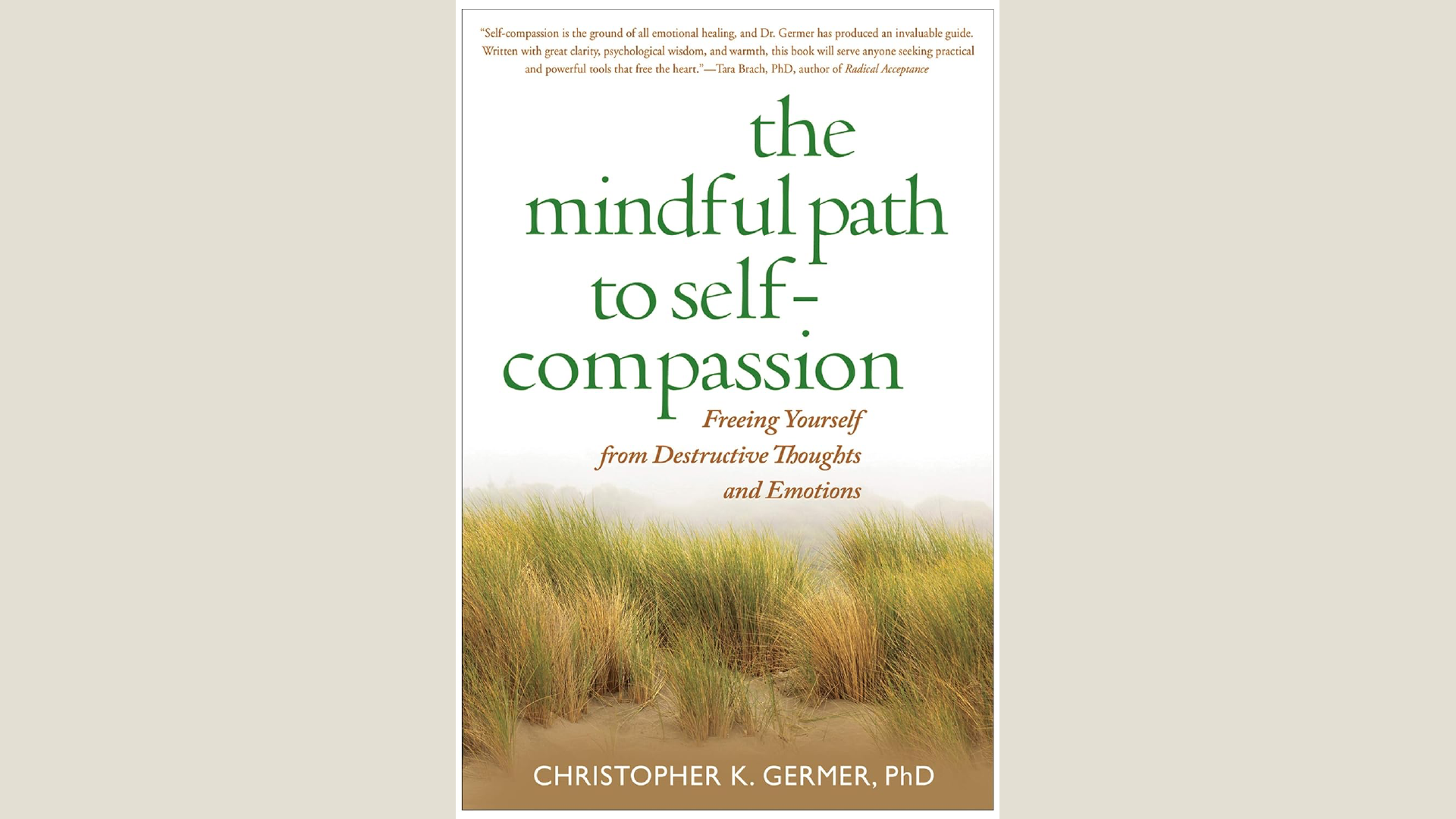Summary: The Mindful Path to Self-Compassion by Christopher K. Germer, Ph.D

In today's fast-paced world, emotional resilience isn't just beneficial—it's essential. "The Mindful Path to Self-Compassion: Freeing Yourself from Destructive Thoughts and Emotions" by Christopher K. Germer, Ph.D., offers a transformative approach to achieving greater emotional well-being by intertwining mindfulness and self-compassion. This blog post unpacks the core concepts of Germer's method, tailored for an audience already familiar with the foundational principles of mindfulness and self-compassion but seeking to deepen their practice and understanding.
Embrace Mindfulness: The Art of Presence
Mindfulness is the bedrock of Germer's approach, emphasizing the importance of living in the moment without judgment. It's about observing our thoughts, emotions, and bodily sensations as they are rather than how we wish them to be. Integrating mindfulness into your daily routine enables you to acknowledge and accept your suffering, creating space for healing and self-compassion.
Actionable Insight:
Start and end your day with a five-minute mindfulness meditation. Focus on your breath and observe your thoughts and feelings without engagement, fostering a habit of presence and awareness.
"A moment of self-compassion can change your entire day. A string of such moments can change the course of your life." - Christopher K. Germer.
Self-Compassion: The Path to Emotional Strength
As Germer outlines, self-compassion is akin to extending the warmth and understanding you'd offer a dear friend to yourself. This practice is built on three pillars: self-kindness, recognition of our shared humanity, and mindfulness. Together, they forge a powerful toolkit for combating self-criticism and fostering emotional resilience.
Actionable Insight:
Practice self-kindness by writing down three compassionate responses to a recent self-critical thought. Remember that imperfection is part of the shared human experience, fostering a sense of connection and compassion towards others.
Navigating Suffering with Grace
Suffering, an inevitable aspect of human existence, holds growth potential when approached with mindfulness and compassion. Germer encourages us to view our difficulties through curiosity and kindness, transforming our relationship with suffering and facilitating personal development.
Actionable Insight:
Reflect on a recent challenge and identify what it has taught you about yourself. Acknowledge the strength and wisdom gained from this experience, using it as a foundation for future resilience.
Practical Exercises for a Compassionate Life
Germer's method is not purely theoretical but imbued with practical exercises and meditations designed to cultivate a compassionate mindset. These tools enhance self-understanding and promote a more nurturing and supportive internal dialogue.
Actionable Insight:
Incorporate a daily self-compassion break into your routine. Pause for a few moments to acknowledge your feelings, remind yourself of the shared human experience of suffering, and offer kindness and understanding.
Integrating Practice into Daily Life
Germer guides seamlessly integrating mindfulness and self-compassion into everyday life. Whether dealing with difficult emotions, enhancing relationships, or nurturing a self-compassion practice, his approach offers a pathway to a more fulfilling and resilient life.
Actionable Insight:
Choose one routine activity (e.g., drinking your morning coffee) to practice daily mindfulness. Focus entirely on the experience, engaging all your senses. This simple practice can help cultivate a habit of presence that extends to other areas of your life.
"Self-compassion is simply giving the same kindness to ourselves that we would give others." - Christopher K. Germer.
The Science of Self-Compassion
Backing his approach with robust research, Germer highlights the evidence supporting the benefits of mindfulness and self-compassion. From reducing anxiety and depression to improving overall emotional well-being, the science is precise: these practices are a cornerstone of emotional health.
Actionable Insight:
Stay informed about the latest research on mindfulness and self-compassion. Understanding the science behind these practices can reinforce your commitment and enhance your practice.
By embracing the principles of mindfulness and self-compassion, we can forge a path to greater emotional resilience, happiness, and peace. Germer's "The Mindful Path to Self-Compassion" is not just a book but a journey towards a more compassionate and fulfilling life. Let's embark on this journey together, transforming our relationship with ourselves and cultivating a world of extraordinary kindness and understanding.
"Pain is inevitable, suffering is optional." - Christopher K. Germer
Are You Being Kind to Yourself? A Checklist
Self-kindness is a crucial component of emotional resilience and well-being. This checklist is designed to help you reflect on your daily practices and attitudes towards yourself. Tick off the statements you find true for yourself, and see where there might be room for growth in your self-compassion journey.
- I acknowledge my feelings without judgment.
- I speak to myself as I would to a dear friend.
- I practice mindfulness daily.
- I recognize my shared humanity.
- I forgive myself for my mistakes.
- I take breaks and honor my need for rest.
- I celebrate my successes, no matter how small.
- I make time for activities that nourish my soul.
- I seek support when needed.
- I am patient with my progress.
Reflecting on Your Checklist:
- If you've ticked off most items, You're actively practicing self-kindness and nurturing a compassionate relationship with yourself. Keep exploring and deepening your practices.
- If you've ticked off only a few items, There's significant room for incorporating more self-compassion into your life. Consider focusing on one or two practices to start.
- If you've ticked off none or very few items, Begin with the basics of mindfulness and self-compassion. Remember, the journey to self-kindness starts with a single step, and every effort counts.
This checklist in the footer can serve as a gentle nudge for readers to pause, reflect, and realign their practices toward greater self-kindness and compassion.
